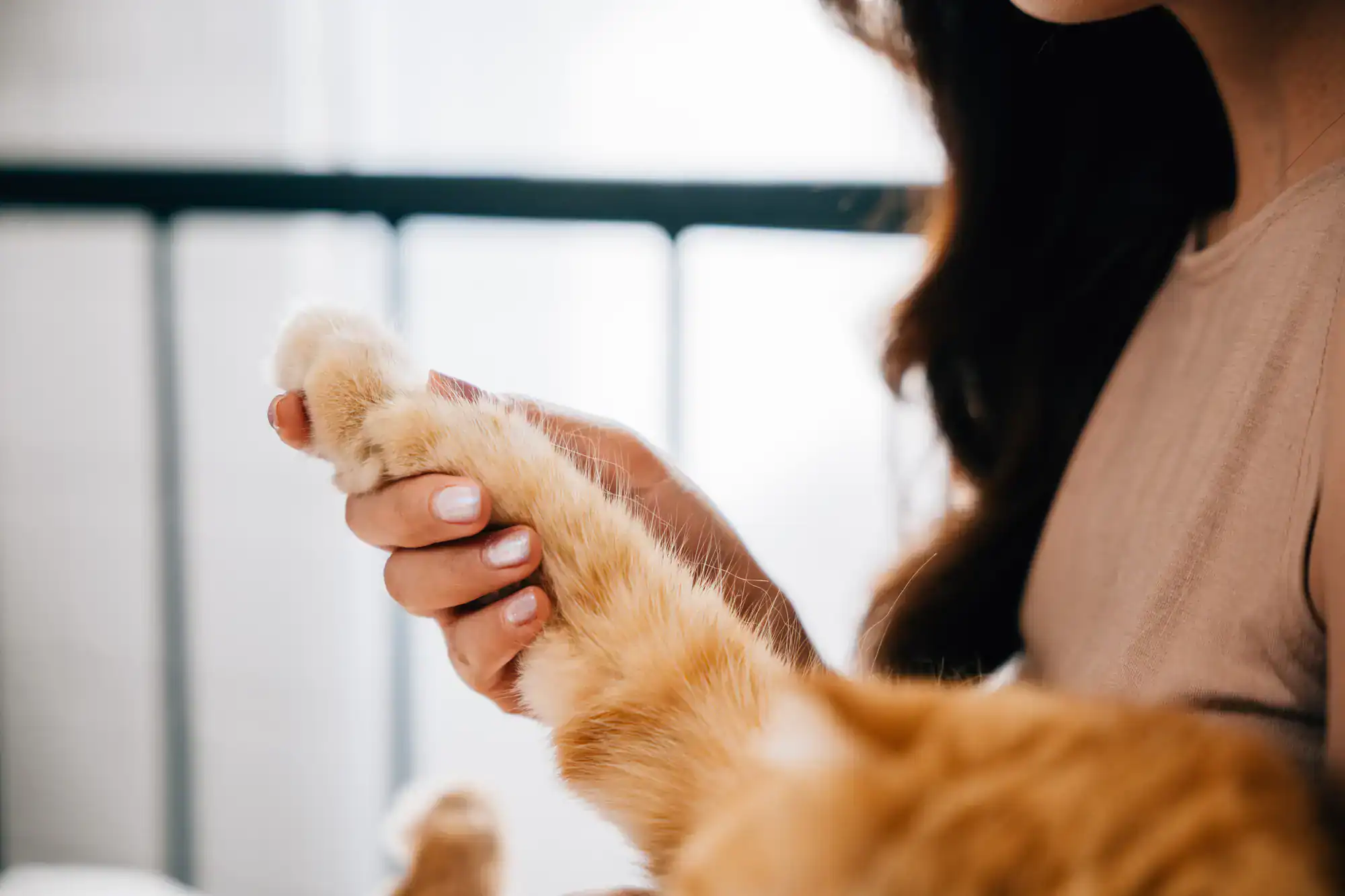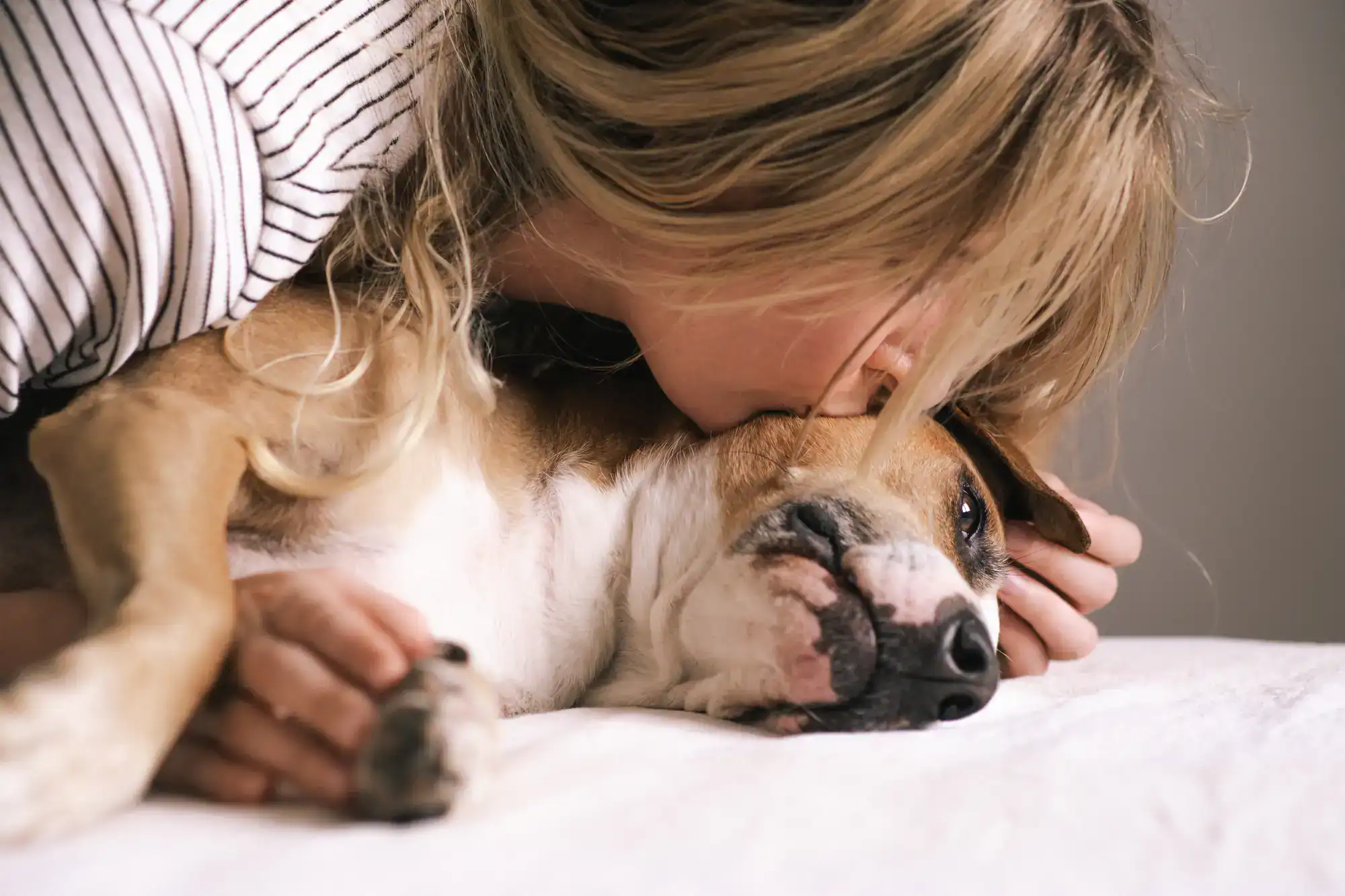Pet Loss Support in Manchester, TX
Find Peace Through Your Pet Loss Journey
Professional grief counseling and emotional support when you need it most, helping Manchester families heal after losing a beloved companion.

Hear from Our Customers

Pet Grief Counseling Manchester, TX
The silence in your home feels deafening right now. That empty space where your pet used to be seems impossibly large, and the grief hits you in waves you didn’t expect.
You’re not losing your mind, and you’re not overreacting. What you’re feeling is real, valid grief that deserves the same respect as any other loss. Your pet wasn’t “just a dog” or “just a cat” – they were family, your daily companion, your source of unconditional love.
Through compassionate pet loss support, you’ll learn to carry this grief in a way that honors your pet’s memory while allowing you to find moments of peace again. The pain doesn’t disappear, but it transforms into something more manageable – and meaningful.
Manchester Pet Loss Counseling Services
We at Angel Oaks Pet Crematory have walked alongside Manchester families through pet loss since 1989. We understand that society doesn’t always validate the depth of your grief, leaving you feeling isolated when you need support most.
As members of the American Association for Pet Loss and Bereavement, we recognize that your bond with your pet was unique and irreplaceable. Our compassionate approach acknowledges the reality that pets provide emotional support, daily structure, and unconditional love that’s difficult to replace.
Manchester families trust us because we’ve experienced this loss ourselves. We know that healing isn’t about “getting over it” – it’s about learning to live with love that has nowhere to go.

Pet Loss Support Process Manchester, TX
Pet loss support starts with acknowledging that your grief is real and deserving of attention. We begin by creating a safe space where you can express your emotions without judgment or timeline pressure.
You’ll learn practical coping strategies for managing the waves of grief that come unexpectedly. We help you understand why certain triggers hit so hard – like that quiet time when your pet usually greeted you, or seeing their favorite toy.
Through guided support, you’ll develop ways to honor your pet’s memory while gradually rebuilding daily routines that feel manageable. The goal isn’t to forget or “move on” – it’s to carry your love for them in a way that brings comfort rather than constant pain.

Ready to get started?
Coping With Pet Loss Manchester, TX
Manchester pet owners often feel surprised by the intensity of their grief, especially when others don’t understand. Our pet loss support includes access to specialized grief counseling resources, support groups, and practical guidance for immediate needs.
We provide connections to local and national pet loss hotlines, online support communities, and literature specifically designed for pet bereavement. These aren’t generic grief resources – they’re created by people who understand the unique bond between pets and their families.
For Manchester families dealing with sudden loss, we offer guidance on explaining pet death to children, managing surviving pets who are also grieving, and making decisions about memorialization when you’re not thinking clearly. Support is available when you need it, not when it’s convenient for others.

